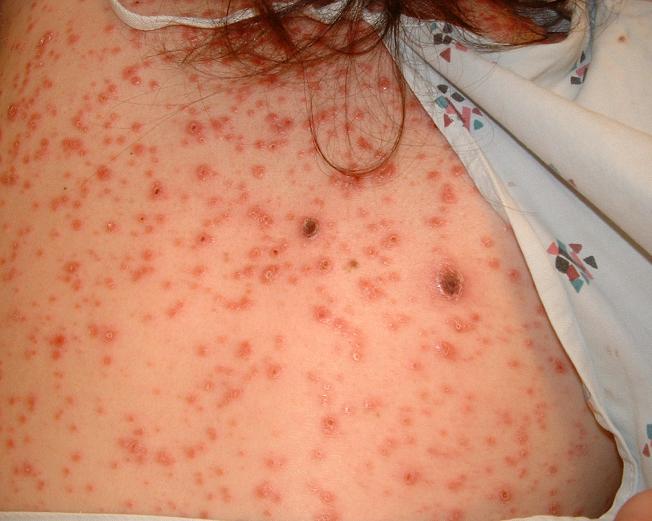Syphilis Symptoms, Causes, Diagnosis and Treatment

What Is Syphilis?
It is a bacterial infection that transmits through sexual contact. Syphilis begins with a painless sore that often develops on the mouth, rectum or genitals. The disease spreads from an individual to another through contact of mucous membrane or skin with the sores.
If prompt treatment is not pursued or syphilis is left treated, it can lead to great damage to the brain, heart and other organs. In short, syphilis can turn life-threatening!
What Are The Symptoms Of Syphilis?
The disease progresses in stages and the symptoms vary with every stage. However the stages can overlap, and not necessarily, the symptoms tend to develop in the mentioned order. As one can become infected and can have no symptoms at all, for years!
Have a look to its stages:
- Primary syphilis: A small sore that emerges at the particular spot from where the bacteria have got into the body. Few individuals will notice several sores instead of a single. Often, the sore is painless and clears within a month.
- Secondary syphilis: in the stage, the entire body gets covered with rashes. These rashes may not itch and can accompany sores in the genital area and mouth. Few people can also face symptoms like swollen lymph nodes, sore throat, fever and muscle aches.
- Latent syphilis: People who have left the disease untreated will enter this stage wherein complications would develop. Syphilis can damage the joints, bones, liver, blood vessels, heart, eyes, nerves and brain.
What Causes Syphilis?
A bacterium named treponema pallidum is responsible for causing syphilis. Usually, it enters the body of a healthy person through the sore of an infected individual, while performing sexual activities. Moreover, the bacteria manage to get into the body by means of mucous membranes or abrasions/cuts in the skin.
Indeed, syphilis is infection during all its stages. Yet one cannot contract syphilis by using towels, clothing or utensils of an infected individual. After being cured, the skin infection does not tend to recur. Though, one may get infected again in case he or she has contacted with the sore of an infected individual.
What Are The Risk Factors Of Syphilis?
One is more likely to contract syphilis in case of:
- Being involved in unprotected sexual activities.
- Have several sex partners.
- Having sex with someone whose medical history is not known.
- Man having sex with another man.
- Being infected with HIV. (It is the virus responsible for causing AIDS).
How Is Syphilis Diagnosed?
It is diagnosed through testing the following samples of:
- Cerebral spinal fluid.
- Fluid from sores.
- Blood.
How Is Syphilis Treated?
If the skin infection is diagnosed at an initial stage and is followed by prompt treatment, chances of its cure are good. For all stages of syphilis, the most preferred treatment is antibiotic named penicillin. In case of being allergic to it, the doctor can prescribe another antibiotic.
Related Articles :
Mastitis Symptoms, Causes, Diagnosis and Treatment
Rosacea Symptoms, Causes, Diagnosis and Treatment
Perioral Dermatitis Symptoms, Causes, Diagnosis and Treatment
Dermatitis Herpetiformis Symptoms, Causes, Diagnosis and Treatment
Chancroid Symptoms, Causes, Diagnosis and Treatment
Bullous Pemphigoid Symptoms, Causes, Diagnosis and Treatment
Mammary Duct Ectasia Symptoms, Causes, Diagnosis and Treatment
Lupus Symptoms, Causes, Diagnosis and Treatment
Lichen Sclerosus Symptoms, Causes, Diagnosis and Treatment
Lichen Nitidus Symptoms, Causes, Diagnosis and Treatment
Leprosy Symptoms, Causes, Diagnosis and Treatment
Latex Allergy Symptoms, Causes, Diagnosis and Treatment
Jock Itch Symptoms, Causes, Diagnosis and Treatment
Ringworm Symptoms, Causes, Diagnosis and Treatment
Roseola Symptoms, Causes, Diagnosis and Treatment
By : Natural Health News




